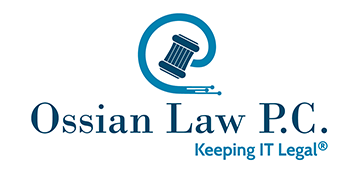Drones are now smaller, lighter, easier to use and capable of capturing high quality images and other data. Drone technology facilitates things like law enforcement activities, aerial photography and emergency deliveries. Last month, the Federal Aviation Administration announced a pilot program to allow state, local and tribal governments to propose innovation zones in their jurisdictions.
Safety, privacy and security are among the top legal risks presented by increased drone use. In terms of safety, commercial drones must register and comply with flight regulation restrictions. Privacy concerns range from governmental collection and use of personal data to an individual taking surreptitious photos of a neighbor. Drones that collect data that is linked to apps or the Internet may be subject to hacking. For example, in August, the U.S. Army stopped use of off-the-shelf Chinese-made DJI drones because of “cyber vulnerabilities.”
Drone technology offers both the private and public sector the opportunity to accomplish tasks with greater efficiency and speed. While regulations to address safety, privacy and security concerns are still evolving, organizations that utilize drones should consider the implications of such use and adopt policies and practices designed to minimize such risks.
Learn more about the FAA drone pilot program. Contact us at Ossian Law P. C. contact link regarding any information technology law matter.
© 2017 Ossian Law P.C.
